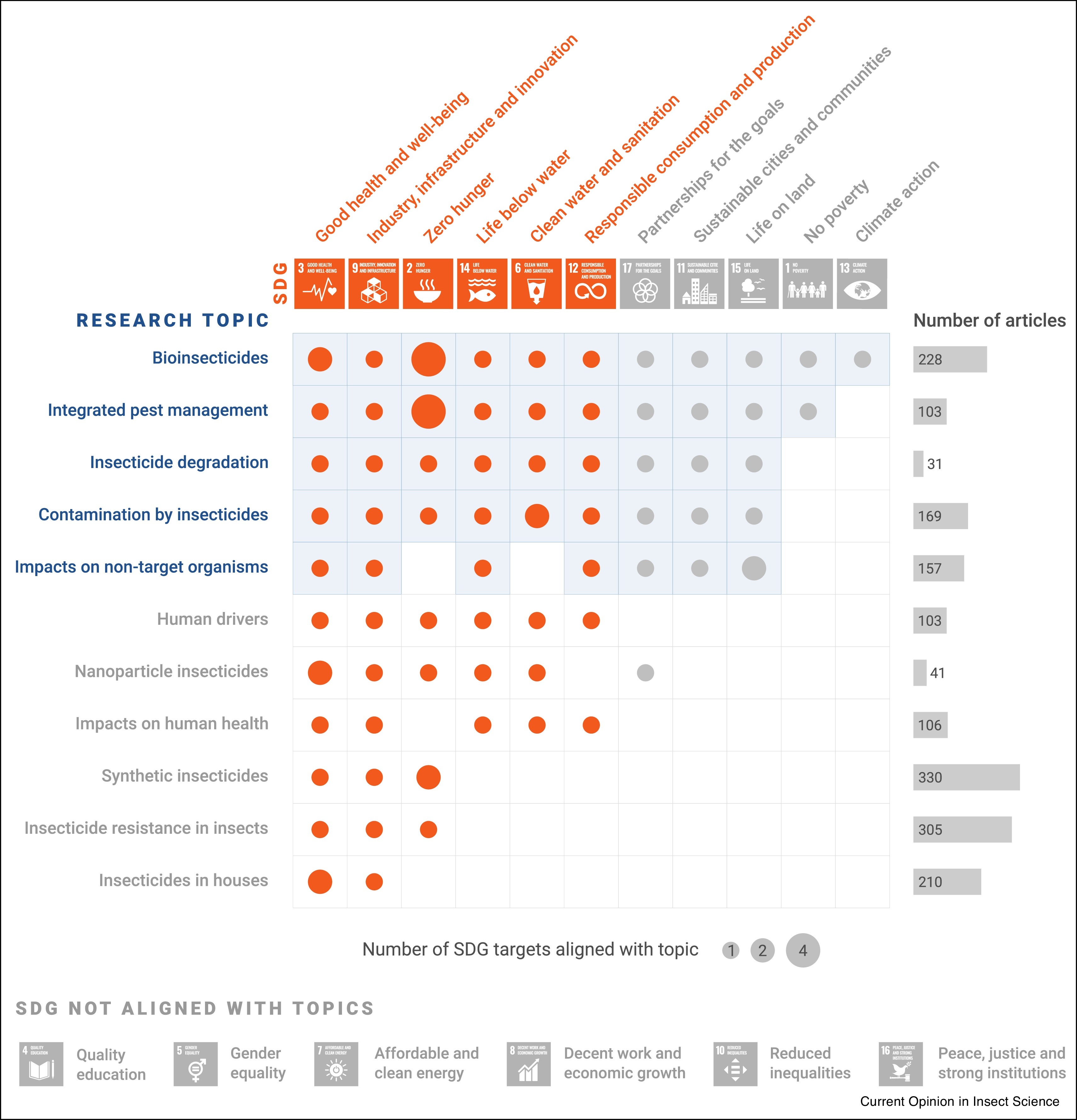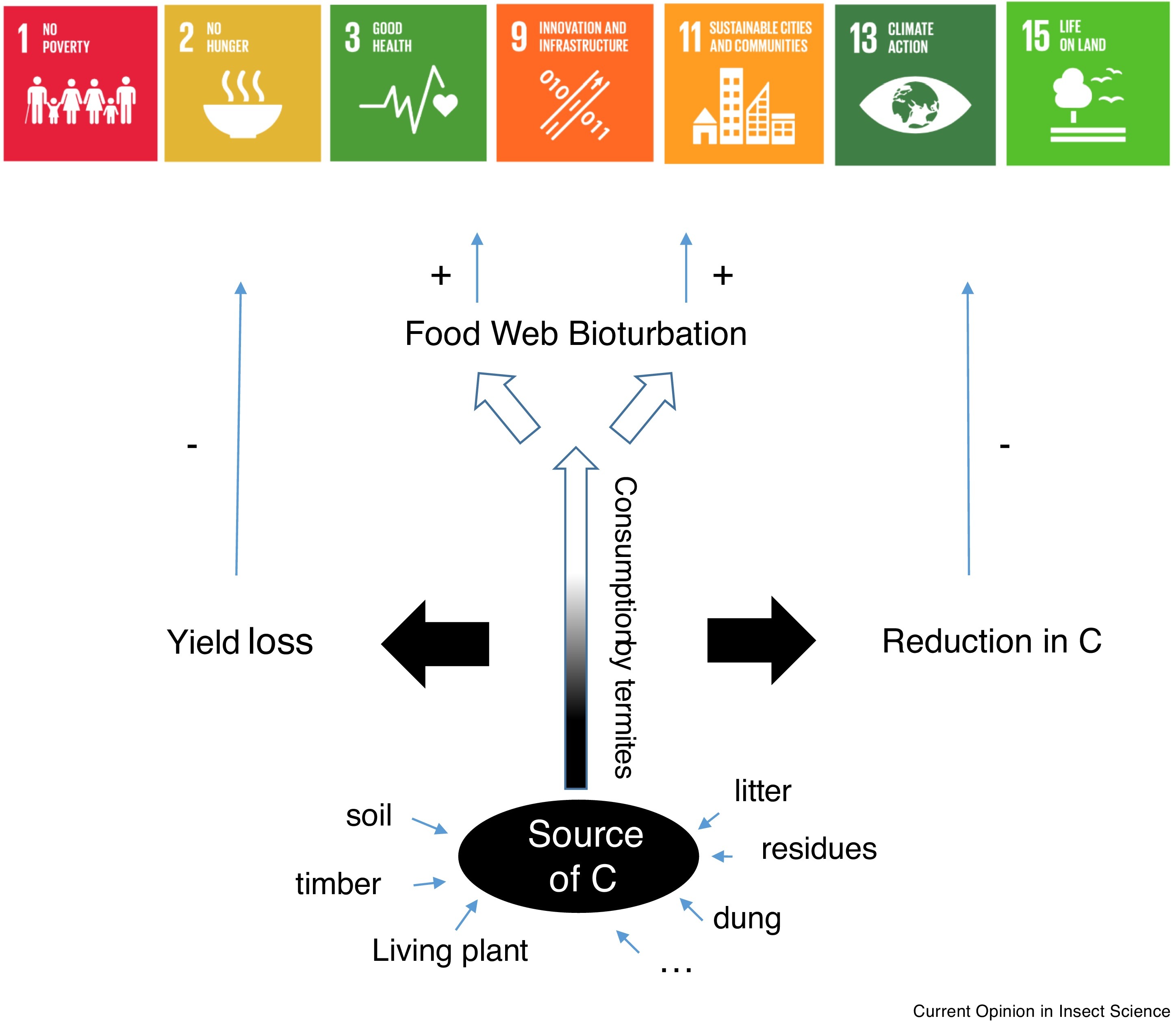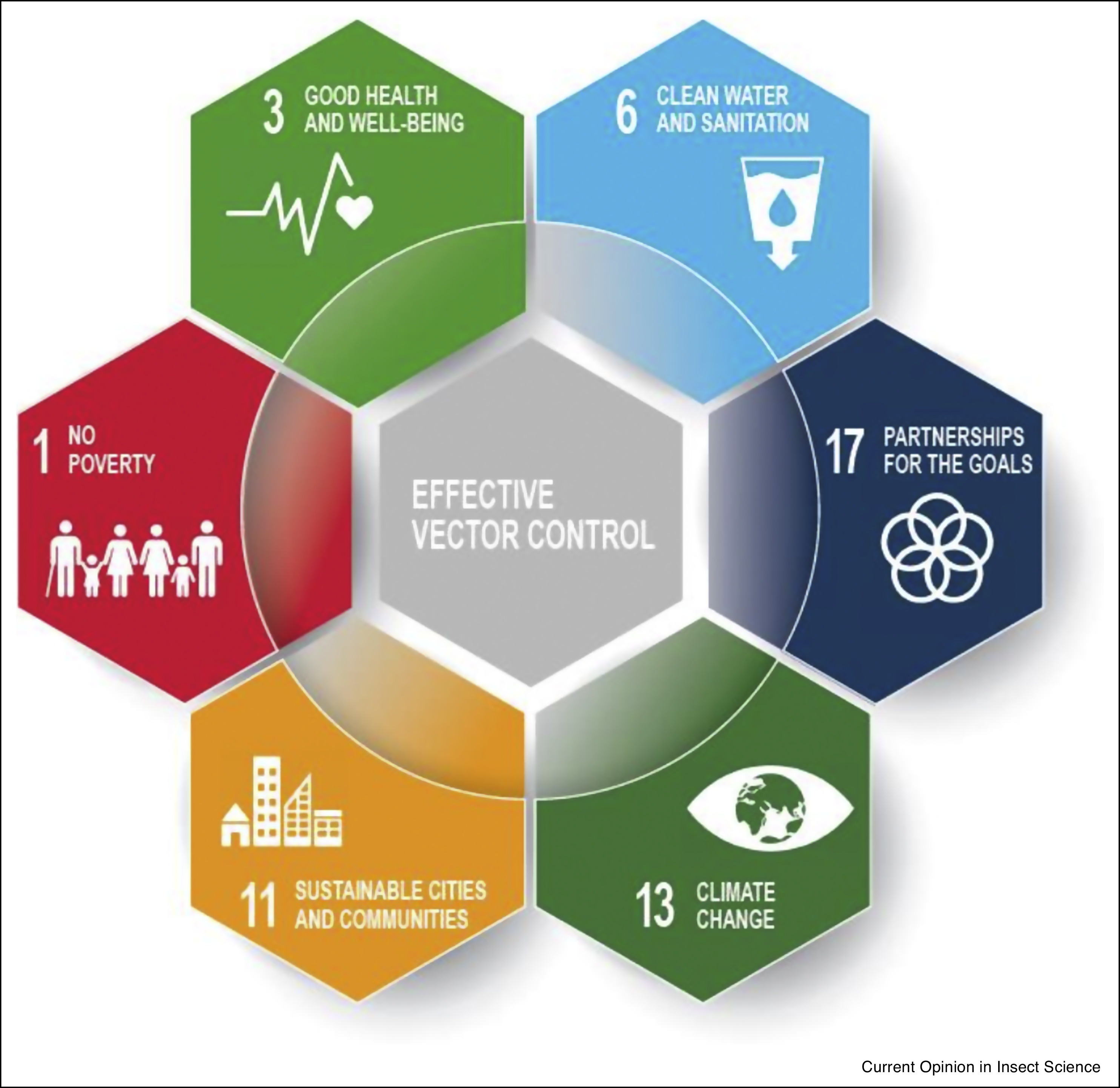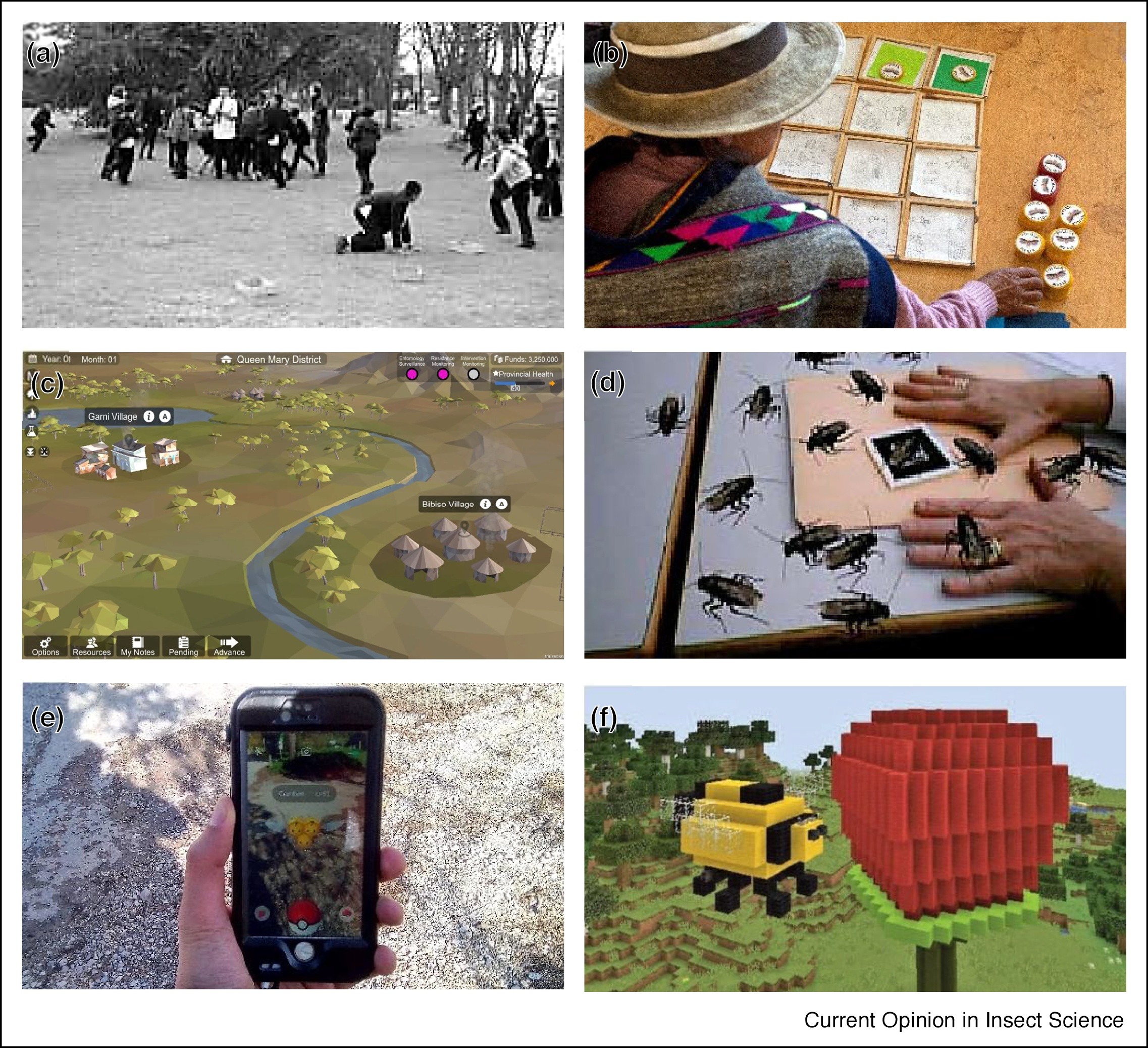Elsevier, Current Opinion in Insect Science, Volume 40, August 2020
Tropical cropping systems are highly dependent on synthetic insecticides, which generates sustainability issues. We performed a bibliometric analysis of the current insecticide literature (2017–2019) and used the Sustainable Development Goals roadmap to identify research topics in insecticide research that should be promoted to attain sustainable cropping systems.
Elsevier, Current Opinion in Insect Science, Volume 40, August 2020
Tropical insects are astonishingly diverse and abundant yet receive only marginal scientific attention. In natural tropical settings, insects are involved in regulating and supporting ecosystem services including seed dispersal, pollination, organic matter decomposition, nutrient cycling, herbivory, food webs and water quality, which in turn help fulfill UN Sustainable Development Goals (SDGs). Current and future global changes that affect insect diversity and distribution could disrupt key ecosystem services and impose important threats on ecosystems and human well-being.
Elsevier, Current Opinion in Insect Science, Volume 40, August 2020
Termites are amongst the main macroinvertebrate decomposers in tropical ecosystems and they exert additional impacts through the creation of biostructures (mounds, galleries, sheetings, etc.) with different soil physical and chemical properties, thereby impacting positively on numerous ecosystem services for humankind. Unfortunately, this positive or ‘bright’ role of termites is often overshadowed by their ‘dark’ side, that is, their status as pests threatening agriculture and constructions.
Elsevier, Current Opinion in Insect Science, Volume 40, August 2020
Viral diseases transmitted by mosquitoes, known as arboviruses, pose a significant threat to human life and are a major burden on many health systems around the world. Currently, arbovirus control strategies rely on insecticides or vector source reduction and, in the absence of effective, accessible and affordable vaccines, mainly on symptomatic based, non-specific treatments. However, insecticides have the potential to interfere with non-target organisms, cause environmental toxicity and insecticide resistance reduces their effectiveness as a sustainable control method.
Elsevier, Current Opinion in Insect Science, Volume 40, August 2020
Insects have a significant role towards achieving sustainable development, but the decline of insect knowledge outreach efforts is dampening their impact. Revisiting the perspective and approach to entomological literacy is required to respond to the evolving human needs for sustainable living in light of the decline of insect biomass and biodiversity, and entomology. This is also an opportunity to reflect on the interests about insects in the age of video games.
Elsevier, Trends in Food Science and Technology, Volume 102, August 2020
Background: Plant-based meat alternatives are developed to address consumer demands and sustainability of future food supply, and the market has grown exponentially in recent years. Although progresses have been made to construct plant protein-based fibers organoleptically comparable to a whole-muscle cut, it remains challenging to reproduce the hierarchical organization of muscle tissue known to contribute to the overall sensory profile. For now, the market strategies are largely focused on restructured or formed meat mimeticks.
Elsevier, One Earth, Volume 3, 21 August 2020
The Common Agricultural Policy (CAP) is the guiding policy for agriculture and the largest single budget item in the European Union (EU). Agriculture is essential to meet the Sustainable Development Goals (SDGs), but the CAP's contribution to do so is uncertain. We analyzed the distribution of €59.4 billion of 2015 CAP payments and show that current CAP spending exacerbates income inequality within agriculture, while little funding supports climate-friendly and biodiverse farming regions.
Elsevier, Journal of Forensic and Legal Medicine, Volume 74, August 2020
Sexual violence is a universal phenomenon without restriction to sex, age, ethnicity or social class that causes devastating effects in the physical and mental health spheres, in the short-term and long-term, such as pregnancy, sexually transmitted infections (STI) and greater susceptibility to psychiatric symptoms, especially depression. Some cases of sexual assault and rape are based on the use of so-called drug-facilitated sexual assault (DFSA), which cause victims’ loss of consciousness and inability to defend, making them vulnerable to violence.
Elsevier, Journal of Forensic and Legal Medicine, Volume 74, August 2020
Introduction: This study investigates staff's perspectives on the characteristics required to work in a sexual assault referral centre and the support and training they believe sexual assault referral centres should provide to minimise the negative impacts of the work and provide a supportive working environment. Methods: Semi- structured interviews were conducted with 12 staff, and a focus group was held with a further four staff of a sexual assault referral centre. The data were examined using thematic analysis.





